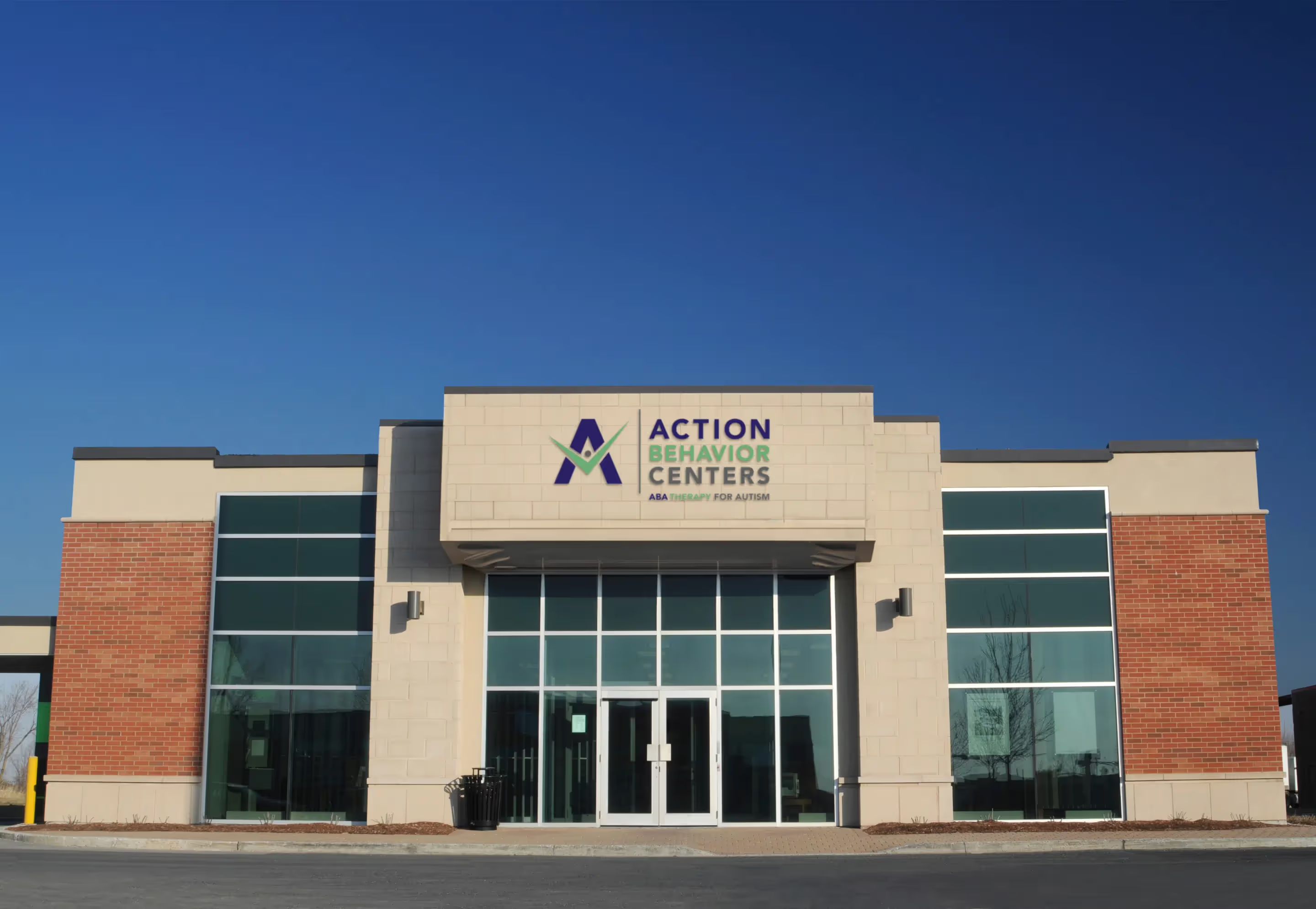ABC Academy: ABA therapy for school-age children
ABC Academy is a continuation of care designed for children ages 5–12 diagnosed with autism spectrum disorder (ASD). It’s a great fit for children who are in school part-time or full-time but still need extra support to reach their goals.


Very happy with ABC and all the therapists. They are all so sweet and nice, always willing to help in any way they can. My son loves going to "school" everyday and loves his therapists so much. I always leave with a peace of mind knowing they are taking good care of him and as a parent, that is the most important thing. We are so lucky to be part of the ABC family. I cannot recommend this place enough, absolutely happy with everyone here.


The ABA therapy provided here has been a game changer for my son, who in his own words said "I've learned how to make friends and finally enjoy school." The staff are delightful and knowledgeable, and patiently worked with us as we navigated our own journey through the world of ABA. The staff at ABC gave our family the tools we needed to improve our son's life and ours. It's definitely a team effort and parents need to be willing to put in the investment of learning too, but it's absolutely worth it. We even miss coming here as we had such positive interactions with the staff! Thank you, ABC!

How ABA therapy builds school-readiness skills
Our school-based ABA program supports school readiness by focusing on skills essential for classroom success:
- Social flexibility and communication: Learning to navigate peer interactions, participate in group discussions, and express needs.
- Self-regulation and emotional awareness: Developing coping strategies, emotional vocabulary, and attention control.
- Organization and time management: Practicing routines, transitions, and following multi-step instructions.
ABA therapy helps school-age children with autism strengthen the skills they need to succeed academically and socially.
When is ABC Academy a good fit?
ABC Academy bridges the gap between early intervention ABA therapy and attending school full-time. It’s led by our team of licensed Board Certified Behavior Analysts® (BCBAs®) and is designed for children who:
- Have completed early intervention services but aren’t ready for a full classroom setting
- Are currently in school but still need targeted support
- Benefit from structure, routine, and small-group learning
Our BCBAs work closely with families to set individualized goals that help children make measurable progress in the areas that matter most.
A day in the life at ABC Academy
Every day at ABC Academy is designed to help autistic children learn, connect, and grow in fun and meaningful ways. The daily schedule includes a mix of 1:1 support, group lessons, play, and social-emotional learning. Our goal is to help children build real-world skills they can use at school, at home, and in everyday life.
Here's a look at what your child’s afternoon might include:
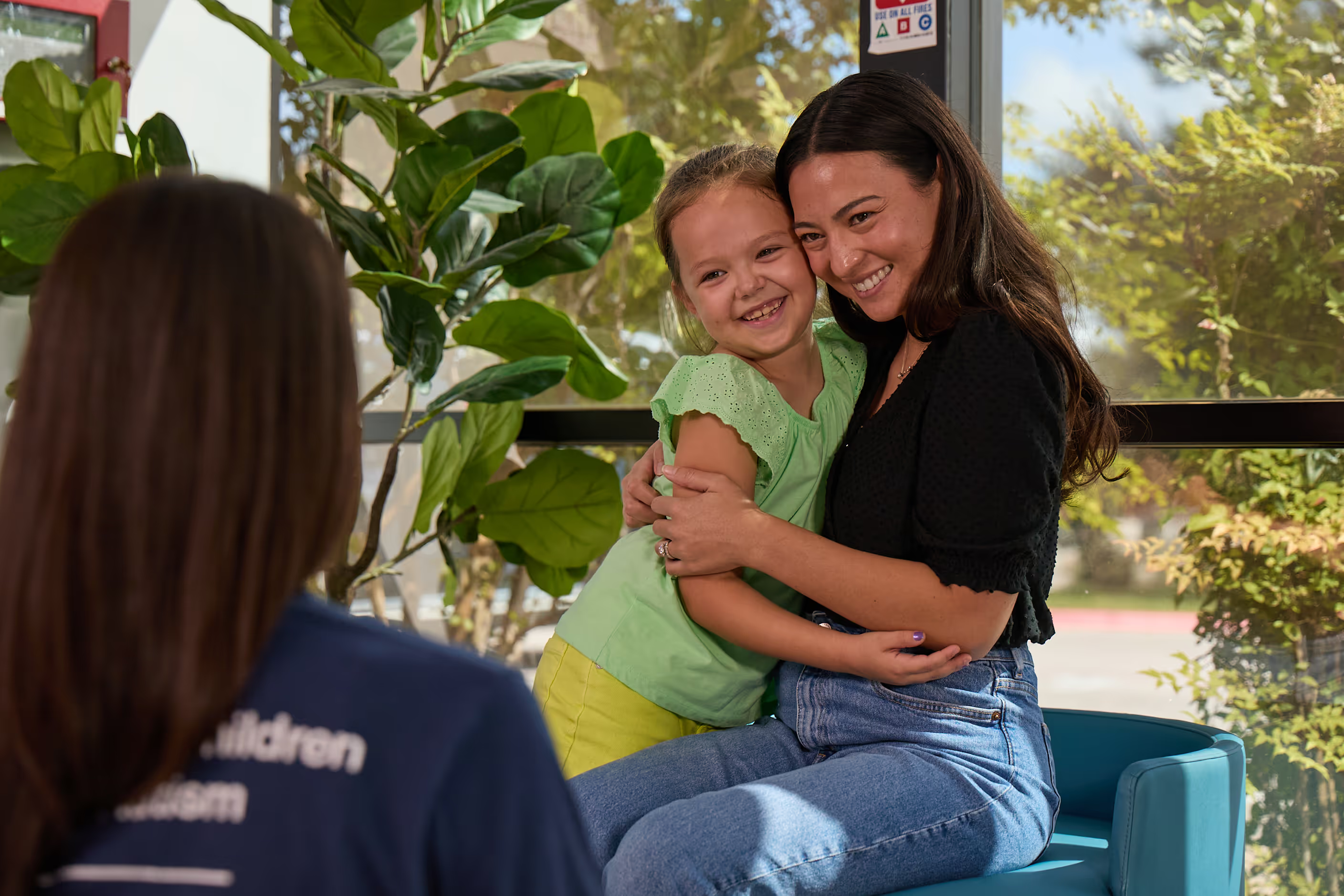
Arrival routines
Children are welcomed and review their goals with their care team.
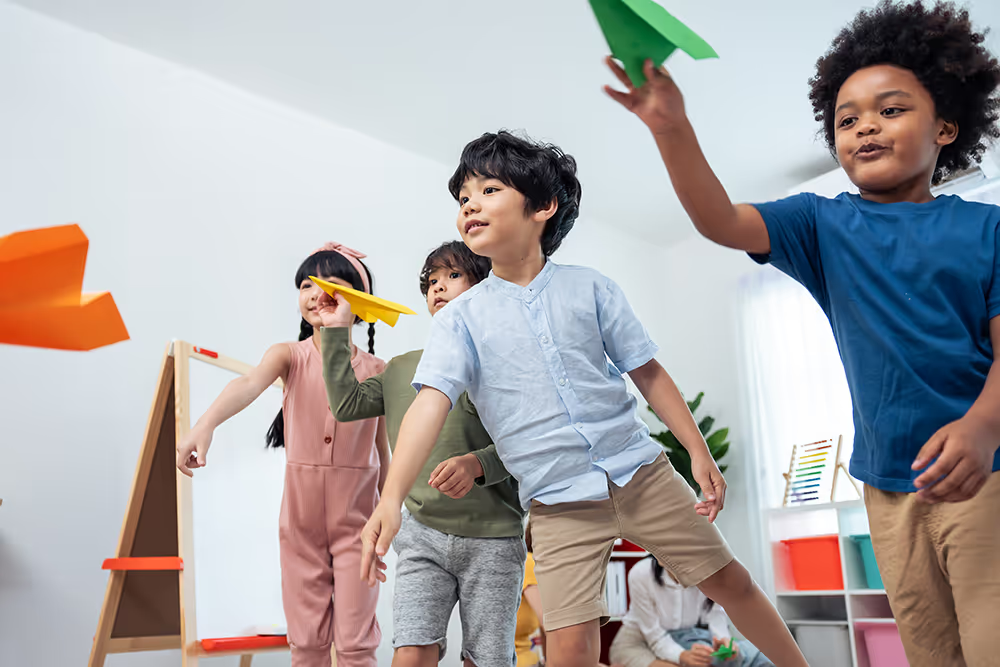
Group meeting
A fun and engaging group kickoff that sets the tone for the afternoon.

Snack/lunch & chores
Time to eat, recharge, and practice life skills like cleaning up.
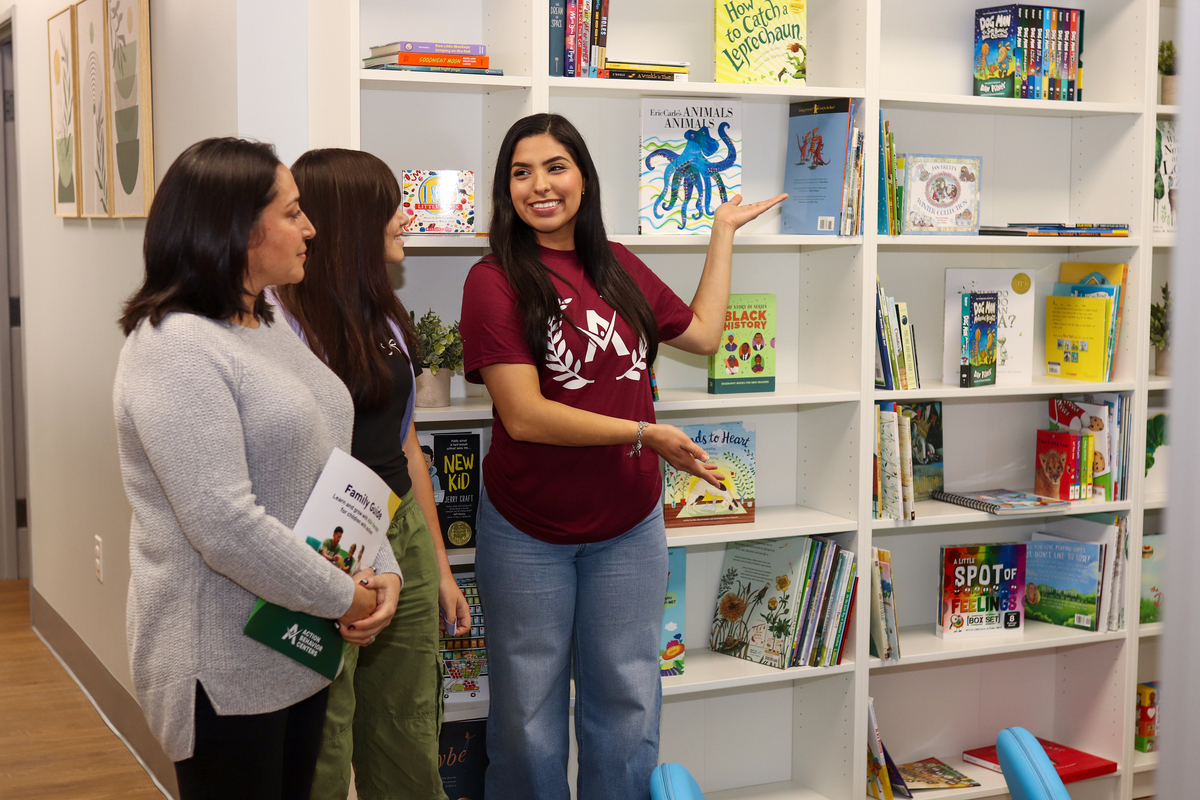
Reading time
A group activity to promote language development and imagination.
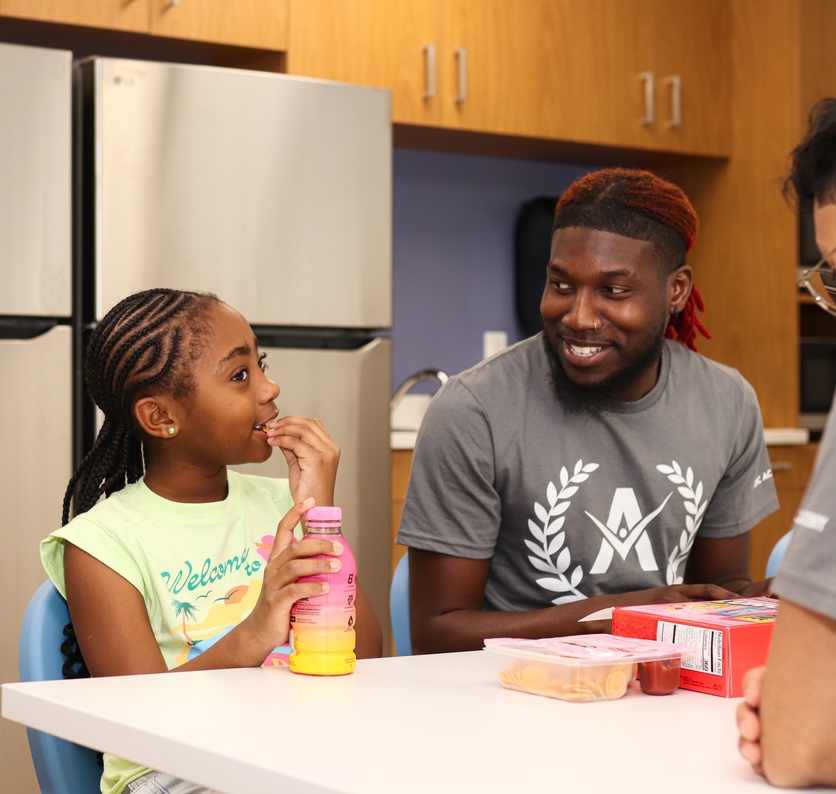
1:1 instruction
Individualized ABA therapy focused on communication, behavior, and daily living.
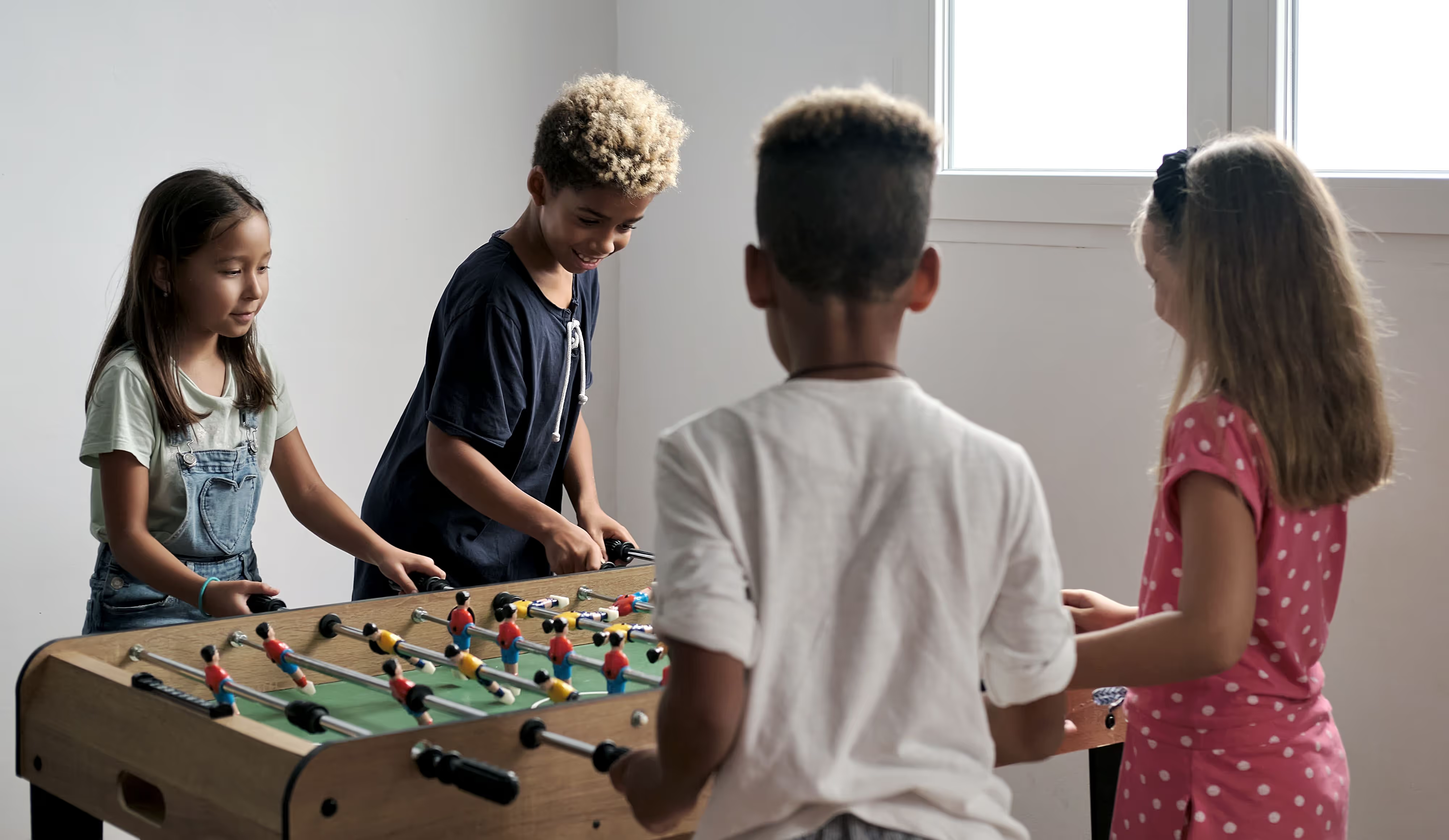
Group instruction & peer play
Small-group learning, games, and activities that support school readiness and social skills.

Gross motor games
Children get moving with activities designed to support coordination, turn-taking, and following directions.

Social-emotional learning (SEL)
Children learn self-awareness, empathy, and emotion regulation tools through guided lessons.
.jpg)
Departure routines
A consistent end-of-day routine helps prepare for the transition home.

Is ABA therapy effective in school-like settings?
ABA therapy is backed by decades of research demonstrating its effectiveness for children with autism. ABA therapy in school-like settings can lead to measurable academic improvements in:
- On-task behavior and classroom engagement
- Peer interactions and group learning participation
- Emotion regulation and flexibility
- Improved attention, communication, and learning readiness
At ABC Academy, our evidence-based program helps children build confidence, learn practical skills, and feel more comfortable in both academic and social settings.
ABA therapy during or after school hours
We know every family’s schedule looks different. ABC Academy is open beyond traditional school hours to support families who need after-school ABA therapy. We also accommodate children attending school part-time by providing our autism services during daytime hours.
How to enroll in ABC Academy
Enrolling your child in ABC Academy is a step toward a bright future. Whether you’re already part of the ABC family or joining us for the first time, getting started at ABC Academy is simple:
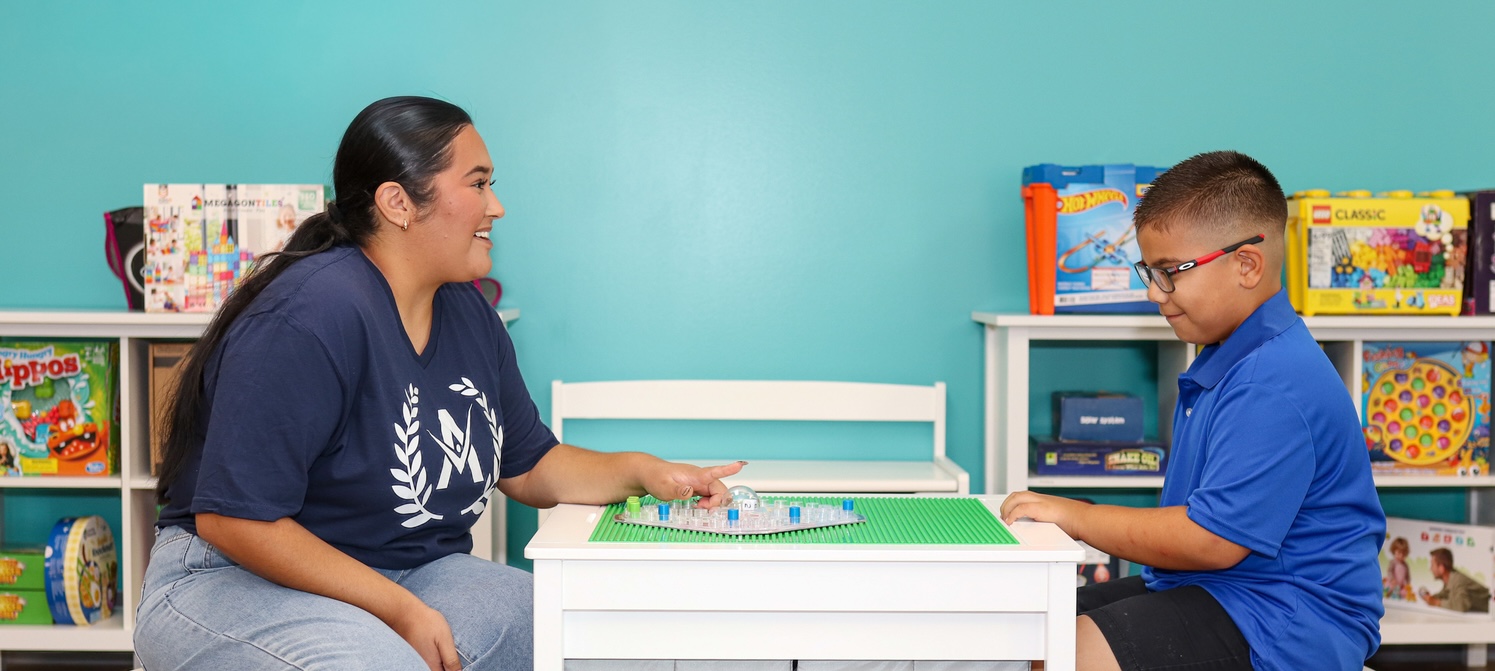
1. Confirm eligibility
Children must be ages 5–12 and have an autism diagnosis. If your child already receives ABA therapy at ABC, their current care team must clinically recommend a transition to ABC Academy.
2. Family consultation
You’ll connect with our ABC Academy team to talk about your child’s needs, schedule, and what to expect. We typically require a one-year commitment to help ensure consistent progress as long as ABA therapy remains appropriate for their needs.
3. Verify insurance coverage
For existing Action Behavior families, your child’s current insurance authorization will transfer seamlessly to ABC Academy. No extra paperwork is needed. Authorizations are reviewed every six months to ensure coverage and evaluate if therapy is still appropriate for your child.
Why families choose ABC Academy:
Ready to take the next step?
If your child with autism needs ABA therapy during school hours or after school, ABC Academy is here to help them build the skills they need for long-term success.
Contact us today to learn more or begin enrollment.
Frequently asked questions
What ages is ABC Academy for?
ABC Academy is designed for school-age autistic children 5–12 years old who benefit from continued ABA therapy alongside their school experience. It bridges the gap between early intervention and school by giving children opportunities to practice communication, social, and independence skills in a school-like setting.
How do you measure school readiness?
Our team uses a mix of tools to measure school readiness:
- Progress on the child’s individualized ABA goals
- Standardized school readiness assessments
- Observations of how the child participates in structured and group activities
This information helps us decide when a child is ready to transition to a school setting with confidence.
What does "school readiness" mean at ABC?
At Action Behavior Centers, we consider school readiness to be a child’s ability to participate in a general education classroom with some independence. This means they can join classroom activities and follow routines with less support.
What steps do you take to help children get ready for school?
We have a clear process for helping children prepare for school. This includes using data to track progress, making changes to their ABA therapy schedule, and helping them spend more time in school or group settings as they get closer to transitioning to the classroom.
Insurance coverage
For existing Action Behavior families, your child’s current insurance authorization will transfer seamlessly to ABC Academy. No additional paperwork is required for insurance approvals. Clinical authorizations will be reevaluated every six months to ensure continued support.


